How Modern Medical Equipment is Revolutionizing Healthcare
In the rapidly evolving world of medicine, modern medical equipment is no longer just a convenience—it's a necessity. The integration of cutting-edge technology into healthcare has transformed the way doctors diagnose, treat, and manage illnesses. From high-precision imaging systems to AI-driven diagnostic tools, modern medical equipment is enhancing the quality of care and saving lives across the globe. This revolution is being felt in hospitals, clinics, and even in patients’ homes, bridging the gap between early diagnosis and effective treatment like never before.
The Shift from Traditional to Technologically-Driven Healthcare
Traditionally, healthcare relied heavily on manual techniques, subjective assessments, and generalized treatments. Today, with the advancement of modern medical equipment, healthcare providers can offer faster, more accurate, and highly personalized care. Whether it's robotic surgery, wearable health monitors, or portable diagnostic tools, technology is reshaping every corner of the healthcare system.
Imaging technologies such as MRI, CT, and PET scans have become indispensable in detecting everything from tumors to cardiovascular issues at early stages. These machines provide detailed views of internal body structures, allowing for precise diagnoses and more effective treatment planning.
The Power of Precision: Robotic and Minimally Invasive Surgeries
One of the most remarkable advances in modern medical equipment is the development of robotic-assisted surgeries. These technologies allow doctors to perform complex procedures with exceptional precision, minimal invasiveness, and faster recovery times. Endoscopic and laparoscopic tools, which require only small incisions, have also become standard in a wide range of surgical procedures, minimizing risks and speeding up patient recovery.
Remote Monitoring and Telemedicine: Healthcare at Your Fingertips
With the rise of telemedicine and remote monitoring devices, patients can now receive care from the comfort of their homes. Devices such as wearable ECG monitors, smartwatches with heart rate sensors, and portable glucose meters empower individuals to better manage chronic conditions like diabetes and hypertension.
This shift became especially critical during the COVID-19 pandemic, where digital tools allowed healthcare professionals to monitor patients in real-time, reducing hospital visits and ensuring continuity of care.
Artificial Intelligence and Machine Learning in Diagnostics
Artificial Intelligence (AI) and Machine Learning (ML) are revolutionizing diagnostics. These technologies analyze vast amounts of data—like medical images and patient histories—to detect early signs of disease. AI tools are now being used to flag anomalies in radiology scans, pathology slides, and even genomic data, often with greater speed and accuracy than traditional methods.
Incorporating such intelligent systems not only enhances diagnostic precision but also supports clinical decision-making, allowing for more personalized and effective treatment strategies.
Portable Devices and Point-of-Care Testing
Point-of-care testing (POCT) devices are reshaping diagnostics by providing instant results at the bedside, in clinics, or even in remote locations. These portable tools allow healthcare professionals to test for infections, monitor blood chemistry, and assess cardiac markers without sending samples to a central lab.
GWS Surgicals, a trusted name in medical equipment manufacturing, supports this shift by delivering reliable diagnostic and surgical instruments that meet global healthcare standards. With a focus on innovation and accessibility, the company contributes to improving outcomes in both urban and rural healthcare settings.
Enhancing Patient Safety and Operational Efficiency
Modern medical equipment also plays a key role in improving patient safety and optimizing hospital operations. Smart infusion pumps, automated medication dispensers, and digital patient monitoring systems help reduce the risk of human error and improve workflow efficiency.
Additionally, advanced sterilization and infection control equipment ensures that hospitals maintain high hygiene standards, protecting both patients and medical staff from hospital-acquired infections.
The Future: Personalized and Predictive Medicine
As healthcare evolves, the future is moving toward personalized and predictive medicine. With tools that can analyze genetic profiles and predict disease risks, doctors can now tailor treatment plans to individual patients. Internet of Things (IoT) devices, smart hospital beds, and AI-powered diagnostics are all part of this transformation.
In the coming years, we can expect even more integration between technology and medicine, creating a healthcare system that is proactive, data-driven, and patient-centric.
Conclusion
Modern medical equipment is redefining the standards of healthcare. From faster diagnostics and minimally invasive surgeries to home monitoring and AI-driven insights, these innovations are driving better outcomes for patients and increasing efficiency for providers. As the healthcare industry continues to embrace technological progress, companies like GWS Surgicals play a vital role in delivering the tools that make this transformation possible, supporting a healthier, more connected future for all.
Leave a Comment
© Copyright © 2026 gwsmed.com | GWS Surgicals LLP. All rights reserved.
| |




Comment (0)
No Comments Yet. Be the first one.